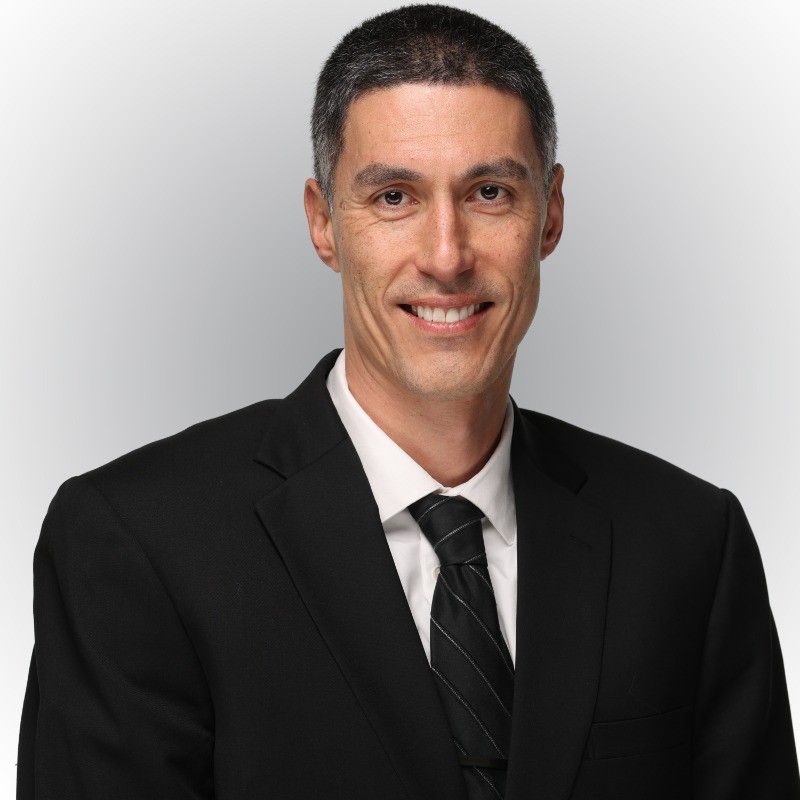Explore the full event schedule to plan your experience and make the most of every session, speaker, and networking opportunity.
-
To attend this event, you must register separately. This event is free to attend and can be added to your registration when registering, or by visiting the registration resource center to review your existing registration.
Today’s extreme weather events continue to underscore the criticality of planning a future power system that can withstand and be resilient to present and future climate conditions. Climate READi© was launched in 2022 to develop a consistent, comprehensive framework for assessing physical climate risk to the power system – and that Framework was published in the Spring of 2025. Informed by over 40 power companies and 100 global stakeholders, the Framework provides the methodological foundation for power companies to analyze risk and prioritize investments that can enhance the climate readiness of their assets and systems for decades to come.
This workshop will introduce participants to the Climate READi framework: what it contains, how to apply it, and how to customize it to address the questions that your organization is asking.
Topics include:
- Physical climate data and guidance, focusing on sourcing the right data and approaches to ensure fit-for-purpose climate data integration within power system assessments and modeling exercises
- Asset vulnerability and adaptation, focusing on climate-related vulnerabilities and potential adaptation options across a broad set of asset classes
- System modeling, focusing on how and where power system planning and simulation processes need to change to consistently consider climate risks in an integrated modeling environment
- Investment prioritization, focusing on the technically rigorous evaluation and comparison of adaptation strategies to justify resilience investments
Throughout, participants will be introduced to guidance materials, technical references, and tools that support various aspects of framework implementation. This will be a learning session with the goal that all attendees come away with the knowledge of what it takes to bring physical climate risk considerations into power system planning and decision making.
In partnership with:
-
To attend this event, you must register separately. This event is free to attend and can be added to your registration when registering, or by visiting the registration resource center to review your existing registration.
This utility-only roundtable is a closed-door, high-level networking event that has been designed to foster collaboration among utility executives, engineers and business leaders across the Northeast. Participants will be able to address and discuss the region’s unique energy challenges in a candid, confidential setting.
Topics will focus on a number of critical issues, including grid modernization efforts to integrate renewables, what it means to approach investment required for electrification, and how utilities are building resilience to withstand extreme weather events. Discussions will also explore what it means to keep energy affordable for all customers while navigating complex policy and regulatory hurdles.
Join this discussion to help build consensus and shared understanding among key players in the Northeast that will help shape and define a more resilient energy future across the entire region.
This discussion is exclusively for utilities. Participation is not permitted for non-utility attendees.
-
The opening keynote of DTECH Northeast will see FERC Commissioner Judy W. Chang outline the most critical regulatory and financial issues that are shaping the energy landscape. Commissioner Chang’s ex …Speakers
-
Bad actors do not discriminate. They look for ways to disrupt. Most often it is a matter of when, not if, your organization could experience a breach. Energy utilities need the ability to see and …
-
Field workers are notoriously practical people. Having a visionary discussion about AI can be tough when many of them feel lucky just to get spreadsheets instead of clipboards. What can you do for the …
-
Con Edison has achieved a 20-fold increase in enrollments in its demand response programs through strategic use of advanced Demand Response Management System (DRMS) software. This platform has been in …
-
Last year, this panel came together to discuss progress and lessons learned from Phase 1 of the Electric Sector Modernization Plan (ESMP) program in Massachusetts. The ESMP approved in 2024 for each o …Moderator
-
Utilities throughout the country are looking for ways to unlock the value of Distributed Energy Resource Management System (DERMS) in a timely and effective manner to support the clean energy transiti …
-
Sponsored by:
-
As artificial intelligence technologies mature, utilities across the Northeast are increasingly deploying AI to transform operations, improve reliability, and enhance customer service. This panel will …Moderator
-
As threats to core utility systems continue to evolve rapidly, the importance of having a strategy to anticipate, withstand, and recover from adverse operating conditions has never been greater. In th …
-
As wildfire threats grow in scale and frequency, utilities are building more integrated, forward-looking approaches to grid resilience. This session will explore how utilities can align technologies a …
-
The Northeast energy system is undergoing a major transformation driven by rising load, extreme weather, retirements of older generating fuels, the growth of renewable resources, and the electrificati …
-
In today's rapidly evolving energy landscape, efficient interconnection processes are more critical than ever. This session will explore the latest advancements in AI-augmented workflow automation, ta …
-
From newly enabled transmission projects to the integration of renewables, a significant transformation of the grid is taking place across the Northeast. However, these changes are being realized in d …
-
Connecting. New. Customers. The concept has been at the foundation of our industry since the beginning. Nevertheless, executing on this responsibility feels more challenging than ever: Solar Proje …
-
So you have a load management program that could perform better. How can its performance be supercharged? Learn lessons from running EV peak reduction programs for nearly a decade in New England. New …
-
What makes a person or project worthy of celebration by the wider utility industry? How did these groundbreaking projects come together, and what lessons can the industry learn from their success? The …
-
Dive into the transformative potential of artificial intelligence (AI)-enabled meter data disaggregation, analytics, and grid-edge intelligence enabled by second-gen AMI. This session will explore: Ho …
-
Join us as we recognize and celebrate the innovators, leaders, and projects driving transformation across the electric grid. Enjoy lunch while honoring this year’s Grid Changer Award recipients.
-
While the West Coast is known for its sunshine and the East Coast for its seasonal chills, utilities in both regions face similar, significant challenges. From extreme weather events to the increasin …
-
Data-Driven Operational Awareness: Tackling Evolving Grid Complexity and Challenges in the NortheastAs grid complexity intensifies across the Northeast, electric utilities are increasingly turning to real-time operational data and advanced analytics—not just to keep pace, but to stay ahead. This se …
-
From ride-hail to last-mile and long-haul, businesses are increasingly prepared to scale up electric vehicle fleets. In many regions, the pace of fleet electrification is constrained by the time requi …
-
Innovation is no longer a luxury—it’s a necessity. Climate change demands $4 trillion in annual investment through 2030. Meanwhile, the energy grid faces $50 billion per year in modernization needs ju …
)
)
)


































































